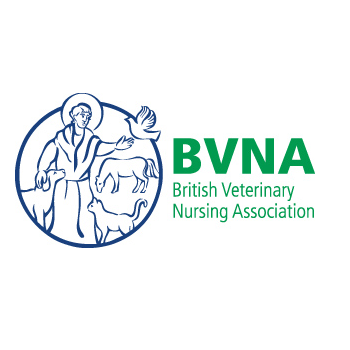BVNA Survey of the VN Profession

BVNA releases preliminary results from its inaugural survey of the VN profession
To mark the opening of its annual Congress, the British Veterinary Nursing Association (BVNA) has today (Friday 11th October 2024) released initial findings from its inaugural VN Profession Survey, with the full report due to be released by the end of 2024. Key findings included that more than half of respondents reported knowing an individual using the ‘veterinary nurse’ title without being properly qualified or regulated, and over a quarter do not currently utilise all the practical skills they are trained to carry out.
The survey sought to collect information about how veterinary nurses feel about the profession now, including current issues and trends, along with their vision of how it could progress in the future. This vital data will be used to inform stakeholders and policymakers – such as UK Government, the Department for Environment, Food and Rural Affairs (Defra), and the Royal College of Veterinary Surgeons (RCVS), among others. The findings will also influence BVNA’s ongoing activities, its resources for members alongside the wider profession, and its campaigns – including lobbying for legislative change to protect the ‘veterinary nurse’ title.
The preliminary findings can be downloaded below.
The issues highlighted by BVNA at this early stage of exploring the data include:
- There remains a significant issue with the inappropriate use of the title ‘veterinary nurse’, with 52% of respondents knowing someone who is referred to as such without being properly qualified or regulated
- Over a third of RVN respondents felt that their salary does not fairly reflect their responsibilities
- Veterinary nurses could be utilised further in practice, with over a quarter of respondents not using all the practical skills they are trained to carry out
- There may be a need for additional training in Schedule 3 tasks to improve confidence, where 47% of respondents state that their confidence “depends on the task”. Veterinary nurses must be competent, confident and experienced to accept delegation of Schedule 3 tasks.
BVNA President Lyndsay Hughes commented, “I am delighted that BVNA has undertaken this work to understand more about the veterinary nursing profession, and gain further insight into issues that are currently affecting our members alongside the wider profession. As BVNA continues to work with policymakers in the pursuit of positive change, we rely on the input from individual registered and student veterinary nurses in order to influence this progress. Your voice really does matter.
“BVNA continues to have deep concerns regarding the prevalence of unqualified individuals referred to as a ‘veterinary nurse’, either by others or by themselves. In the strongest terms, we feel that in order to safeguard animal welfare, along with transparency and client trust over those providing care for their pets, this title must be reserved solely for those who are properly qualified and regulated. Our full report will explore more around how and why this is occurring, however positive change at a practice level can still occur ahead of legislative change. As BVNA continues to lobby for protection of the ’veterinary nurse title’ in law, we would also urge employers and practice teams to consider how their non-qualified team members are portrayed to colleagues and to the public.
“I hope readers find these initial results insightful; we look forward to sharing the full survey findings later in 2024.”
The final report will be published by the end of the year, which will include actions for the association, along with recommendations to the wider profession, stakeholders and policymakers.

